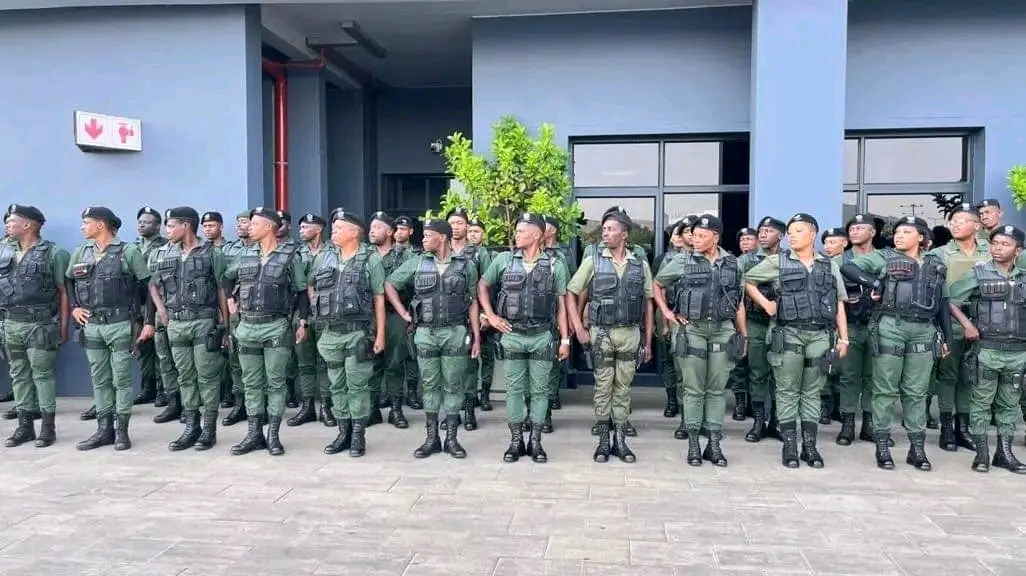
Gauteng Premier Panyaza Lesufi has announced the disbandment of the province’s controversial Crime Prevention Wardens, known as “AmaPanyaza,” following legal challenges and questions about their legitimacy. The decision aims to professionalise and legitimise the wardens’ roles under the National Road Traffic Act.
**Background and Legal Challenges**
The AmaPanyaza unit was introduced in 2023 under Lesufi’s Nasi Isipani mass recruitment programme, intended to bolster visible policing in high-crime areas. However, the unit faced criticism regarding its legal standing and operational authority. Concerns were raised by KwaZulu-Natal Police Commissioner Lieutenant-General Nhlanhla Mkhwanazi, who questioned the legality of the wardens’ formation, sparking national debate about their role in law enforcement.

The Public Protector, Advocate Kholeka Gcaleka, conducted an investigation and found that the establishment and deployment of the AmaPanyaza were irregular, unlawful, and inconsistent with the Constitution. The report highlighted that the Gauteng Department of Community Safety’s conduct in establishing, recruiting, appointing, and deploying wardens without a supporting legal framework was unlawful and in breach of the Constitution.
**Phased Disbandment and Retraining**
In response to these findings, Premier Lesufi announced the phased disbandment of the AmaPanyaza over the next 36 months. The wardens will undergo extensive and intensive training to become fully qualified traffic officers. Those who qualify will be integrated into the Gauteng Traffic Police and Special Law Enforcement Unit (SLEU), while others will be reassigned to municipalities for by-law enforcement or work with border agencies.
Lesufi emphasized that the disbandment is not the end of the AmaPanyaza but the beginning of a new chapter. He stated, “We are disbanding them in their current form to professionalise and legitimise their powers under the National Road Traffic Act.”
**Impact and Public Reaction**
The decision has elicited mixed reactions from the public. Supporters argue that the move is necessary to ensure that law enforcement personnel operate within the confines of the law and have the proper training and authority. Critics, however, view the disbandment as a setback in the fight against crime, questioning the timing and effectiveness of the transition.
https://x.com/MDNnewss/status/1980950976497406263?t=QlQwGHB7Jdkz2tPdgyJCKQ&s=19
Despite the controversy, Lesufi remains committed to enhancing public safety. He announced a province-wide anti-drug campaign set to launch on 27 October, aiming to combat substance abuse among the youth. Lesufi stated, “We are mobilising every resource to push back against substance abuse destroying our youth.”
Conclusion
The disbandment of the AmaPanyaza marks a significant shift in Gauteng’s approach to crime prevention. While the move addresses legal concerns and aims to professionalise the force, it also underscores the challenges faced in balancing effective law enforcement with constitutional mandates. As the retraining process unfolds, all eyes will be on the province to see how the transition impacts public safety and the broader fight against crime.




